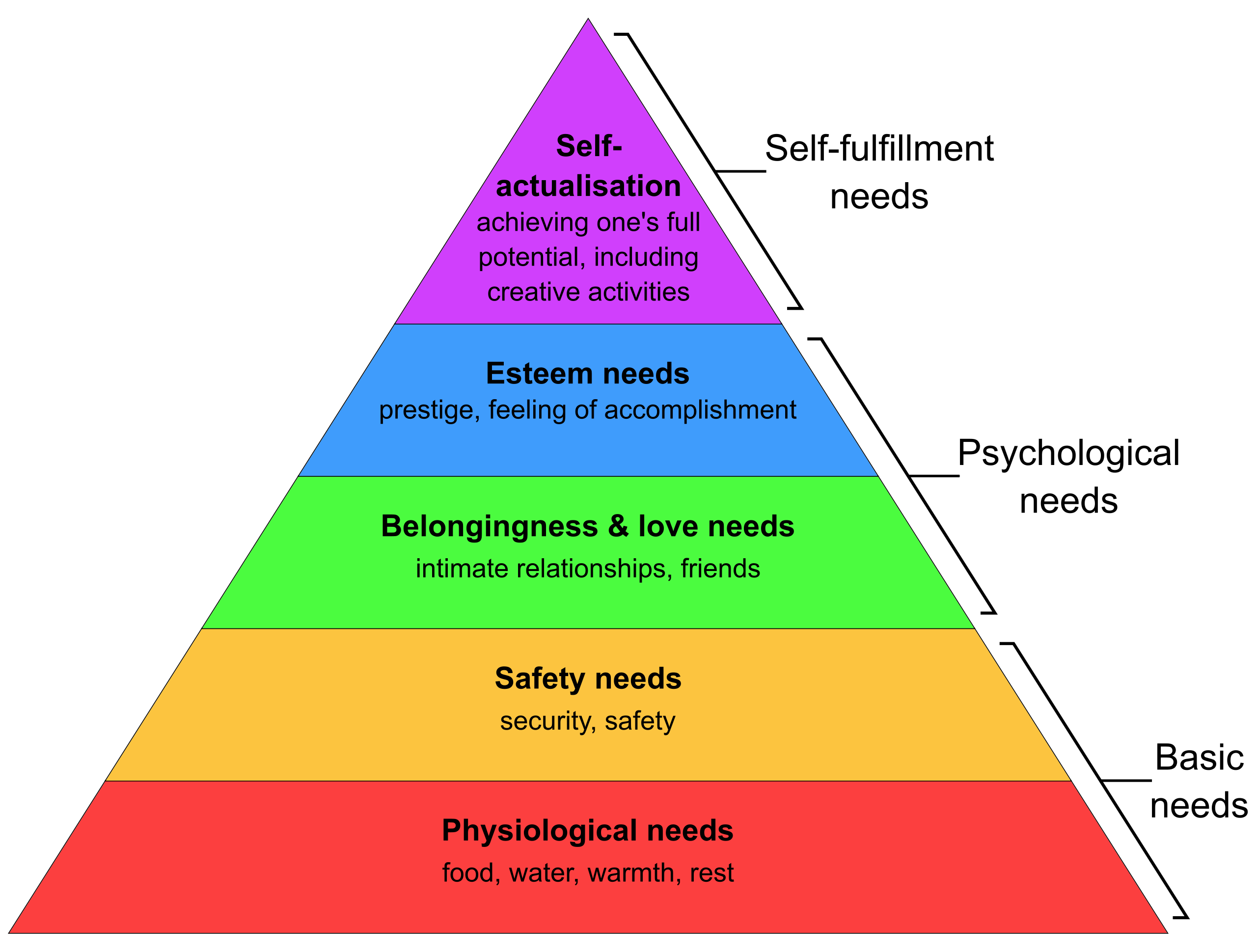
Photo by Ashley Batz on Unsplash
Beyond Automation: How Language Models Challenge and Transform Our Sense of Self
As I watched the film 'Ad Astra,' I found myself reflecting on what it means to be human in a world where artificial intelligence is becoming increasingly sophisticated. I'm no expert, but I'd love to share some thoughts on how language models might affect our search for genuine connections and our place in society in this era of technological change.
I recently watched "Ad Astra," a poignant film starring Brad Pitt. The movie explores themes of loneliness, the flight from responsibilities, and the quest for human connection. As I reflected on the film, I considered writing a review about how I resonated with the emotions experienced by the protagonist. But then a thought struck me: a language model (LLM) could write a similar review, analyzing emotions and connecting them to experiences. So, what sets my review apart from one generated by an LLM?
I think that the key difference lies in the potential for human interaction. I am a living, feeling person, and readers can connect with me. While an LLM might emulate human interaction, it lacks authenticity and falls apart in the moment of truth: When we realize that our interaction with an LLM won't impact another person's life, the connection loses meaning.
I believe (and hope) that the advent of LLMs and LLM-based services will have a profound impact on human nature. Historically, people were reduced to machine-like roles, producing output through labor. But with LLMs taking over laborious tasks, we have the opportunity to focus on higher-level needs from Maslow's hierarchy: Love and Belonging, Self-esteem, and Self-actualization.

Image source: By Androidmarsexpress - Own work, CC BY-SA 4.0, commons.wikimedia.org/w/index.php?curid=930..
Consider "Love and belonging," which encompasses friendship, family, intimacy, and connection. These needs thrive on authenticity, and without it, they become superficial. The fear of LLMs may stem from concerns about employment and property (Safety and security needs), achievement and uniqueness (Esteem needs), and creativity (Self-actualization). LLMs, which excel at tasks traditionally fulfilled through labor, could be perceived as threats to these needs.
Yet, LLMs also present an opportunity to shift our focus to more authentic sources of fulfillment. Societies have an inherent interest in preventing collapse, and LLMs could facilitate that.
Besides perceived personal risks, I think there's another potential downside: a widening gap between societies. Those that have already met basic needs may advance more rapidly toward higher needs, outpacing societies that haven't had the same opportunities. For instance, if LLMs replace copywriters, societies that could have benefited from copywriting as a source of labor and income may be left behind, forced to "skip" a developmental stage. As a result, they may become dominated by societies that have already automated or devalued such jobs.
As I navigate this new landscape, I try to consider the implications for human nature, authenticity, and societal development. What a time o be alive, said probably every observer, always
~
Disclaimer: This text was rephrased by an LLM to convert my chaotic mind into something more coherent. By that, an LLM allowed me to express myself and give myself a voice in this never-ending stream of thought that we perceive as life. How awesome is that? Maybe we can now stop defining ourselves through work and start defining ourselves through how we interact with each other.
